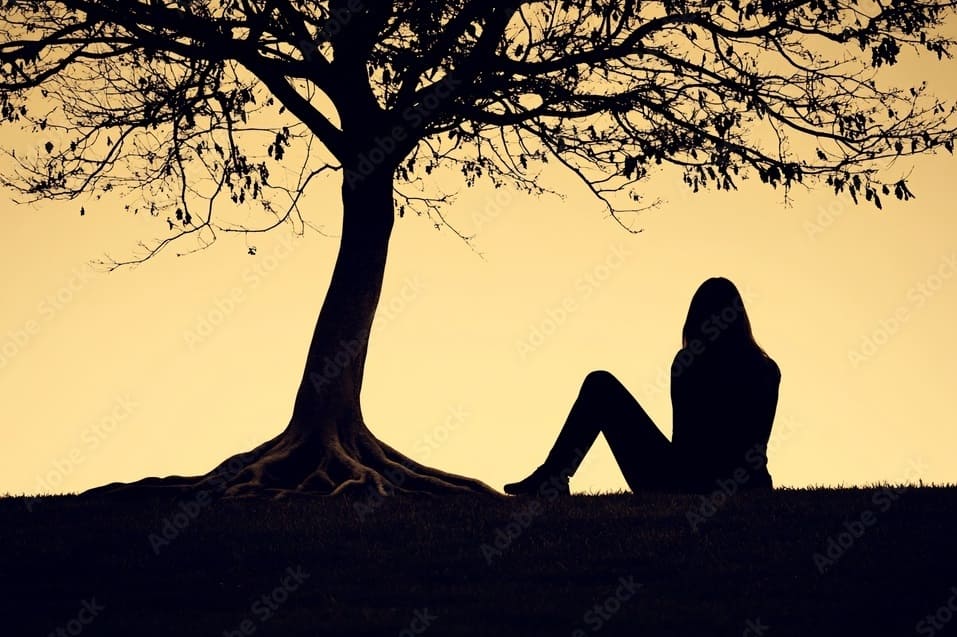As the day winds down and the sky paints itself in shades of orange and pink, most people find comfort in the beauty of a sunset. But for some, this transition from day to night brings an unexpected feeling of unease. If you’ve ever felt restless, anxious, or “off” as the sun dips below the horizon, you’re not alone. This phenomenon can be surprisingly common, and it’s more than just a passing mood. Let’s explore why sunset might make you feel uneasy and uncover ways to navigate these feelings.
Do You Feel Uneasy as Soon as the Sun Sets? Know the Reason
1. Our Connection to Circadian Rhythms
Your body operates on a natural clock known as the circadian rhythm. This internal system regulates your sleep-wake cycle, energy levels, and even mood. As the day transitions into night, your body prepares for rest. A drop in light signals your brain to produce melatonin, the hormone that induces sleep. However, for some, this process can trigger a feeling of sluggishness or unease, especially if their circadian rhythm is disrupted.
2. The “Sundowning” Effect
The term “sundowning” is often associated with a condition in older adults where symptoms of confusion and agitation worsen in the evening. But you don’t need to have a medical condition to experience a milder version of this phenomenon. For many, the fading daylight can bring heightened sensitivity, irritability, or anxiety.
3. Fear of Darkness or Nyctophobia
For some people, uneasiness at night stems from an inherent fear of darkness, known as nyctophobia. This fear isn’t just about being afraid of what’s out there in the dark but is deeply rooted in our evolutionary history. Darkness meant danger to our ancestors, triggering an instinctive fight-or-flight response that can still manifest today.
4. Overthinking and Lack of Distractions
Daytime is bustling with activities, noise, and distractions. When night falls, silence sets in, and with it comes the opportunity for overthinking. Many people find themselves replaying the day’s events or worrying about tomorrow. This mental chatter can create feelings of restlessness and unease.
5. Emotional Associations with Night
For some, nighttime is linked to loneliness, sadness, or past traumatic experiences. These emotional associations can surface as the world quiets down, intensifying feelings of discomfort.
6. Biological and Environmental Factors
Let’s not forget the role of biology. Low levels of serotonin, the “feel-good” hormone, can make you feel down as the day progresses. Additionally, artificial lighting, screen exposure, and irregular sleeping patterns can confuse your brain, worsening the discomfort.
What Can You Do About It?
If you feel uneasy when the sun sets, there are steps you can take to ease the discomfort:
- Establish a Nighttime Routine: Stick to a consistent schedule that prepares your mind and body for rest.
- Dim the Lights Gradually: Transition from bright to dim lighting to mimic the natural progression of sunset.
- Practice Relaxation Techniques: Deep breathing, meditation, or gentle yoga can help calm your mind.
- Limit Screen Time: Reduce exposure to screens an hour before bed to prevent overstimulation.
- Stay Active During the Day: Regular exercise can help regulate your mood and improve sleep quality.
- Talk to Someone: If feelings of unease persist, consider speaking with a therapist to uncover deeper reasons behind your discomfort.
Final Thoughts
Feeling uneasy as the sun sets isn’t uncommon, and it’s often a mix of biological, emotional, and psychological factors at play. Understanding the root cause is the first step to managing these feelings. Remember, you’re not alone, and with small changes in your routine and mindset, you can reclaim your evenings and find peace under the starlit sky.
Have you experienced this nighttime uneasiness? Share your thoughts and coping strategies in the comments – your story might just help someone else!
Also Read:
